Amidst intermittant internet connection while here on holiday in China, I find myself pleasantly surprised by a long awaited preview sampler from Wildfilms! After several years of filming on our shores, finally, a sneak preview aptly named "Singapore Surprise" was released on youtube!
Nothing cheered me up more by the familiar sights of the flora, fauna and even people of our shores! The music coordination was excellent and complimented the video better than a Charlie Chaplin movie soundtrack enhances the dramatic flair of the mime. Add some naration and it'll be the David Attenborough of Singapore!
It's definitely rated PG for sex and violence. Catch rare sights of coral spawning and dodgy liquid secretion during mating season and don't blink or you might miss scenes more exciting than the lion using the lynx in the African savannah!
Honestly, perhaps it is when one is away from home when one appreciates the beauty of what we have more so than ever. It's not that we have more or less but when this monkey met the live seafood trade along the shores of Northeast China, I fervently pray for the preserverance of our shorelife despite threats of reclamation and IRs. At the same time, I really wish Singaporeans would stop and rethink our ostentatious and mostly unsustainable seafood consumption level.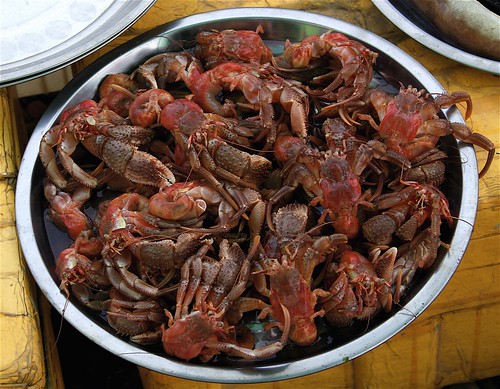
Naked and in a tub in China. Photo by Monkey
When I was in Lueshun, near Dalian city in Liaoning Province of Northeast China, a coastal town that cultivates kelp and pearl, I encountered a market that sells live seafood fresh off the fishing boats. You can find any and everything here. From sea urchin to crabs to fish to snails and all kinds of things I usually prefer seeing live and swimming in the sea. It is also here that I first encountered the first real naked hermit crab I've ever seen in my life. I honestly prefer to see my hermit crabs, not naked, and alive on the shore in Singapore. Sadly, here it is, naked and about to end up on somebody's dinner table.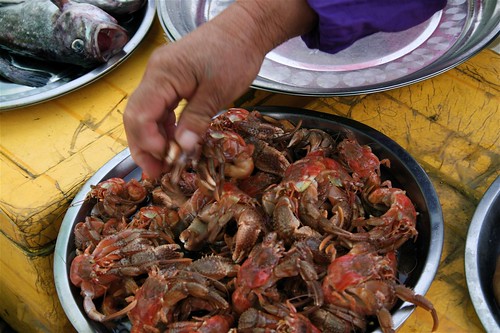
Hermit Crabs about to end up on somebody's dinner table in China. Photo by Monkey
I really don't want my first time to be so traumatic but maybe that's when it really pushes the point home. I want my first time to be with a real hermit crab, with a home on its back and alive and happy on the shores of Singapore. So please, save the homes of our hermit crabs or so they'll all end up naked and maybe not on somebody's dinner table but just dead and lifeless, buried under a casino. So join our aptly named guides, the naked hermit crabs, on a trip to discover, uncover and explore the homes of our hermit crabs and see them clothed and happy on our shores! I hope that you, like me, get a chance to see our wildlife alive and happy while you have a chance. I think that seeing them as I have on our shores is definitely a more treasured experience than when reality hits home and you see them as nothing more than a crustacean meant for your dinner table.
So join our aptly named guides, the naked hermit crabs, on a trip to discover, uncover and explore the homes of our hermit crabs and see them clothed and happy on our shores! I hope that you, like me, get a chance to see our wildlife alive and happy while you have a chance. I think that seeing them as I have on our shores is definitely a more treasured experience than when reality hits home and you see them as nothing more than a crustacean meant for your dinner table.
Quick details of the walk
Dates: 5 Jun 07, Tue (Family Trail) and 6 Jun 07, Wed (Adventure Trail)
Time: Starts 7.30am for both dates
Duration of walk: Family Trail=1.5 hours, Adventure Trail=2.5 hours.
Cost: $5 per person (does not include Sentosa entrance fees and charges)
Exact details on meeting point will be provided to those who register for the walks
How to sign up?
Just email nakedhermitcrabs@gmail.com with "Sentosa Walk" in the subject line and these details
(a) Name and contact of lead person
(b) Number of adults
(c) Number and age of children
(d) Date of walk you wish to join
Please sign up by 25 May 07 (Fri) so that we can finalise details.
For more information, see Adventures with the Naked Hermit Crabs
Read full article here


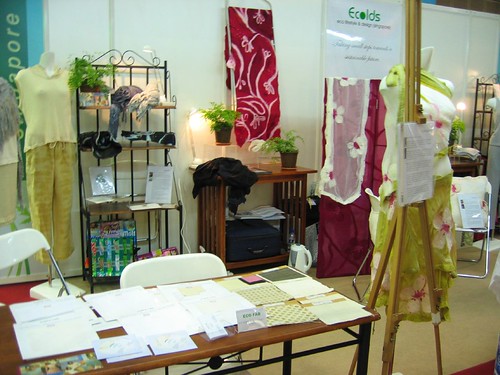
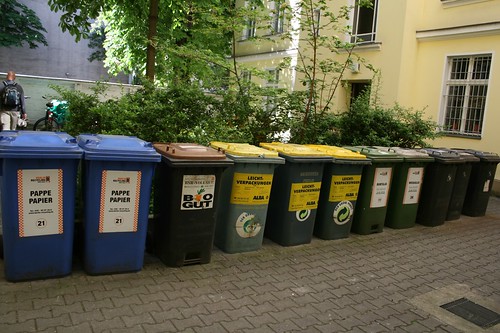

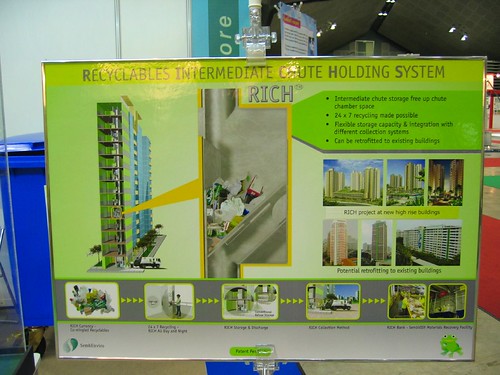
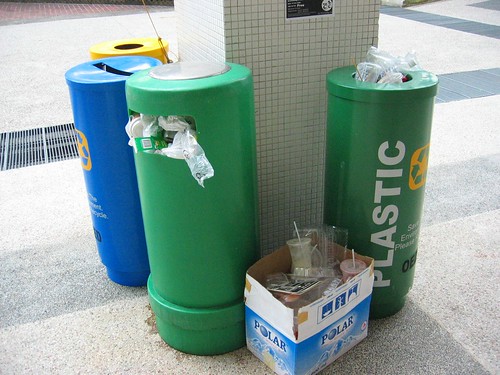
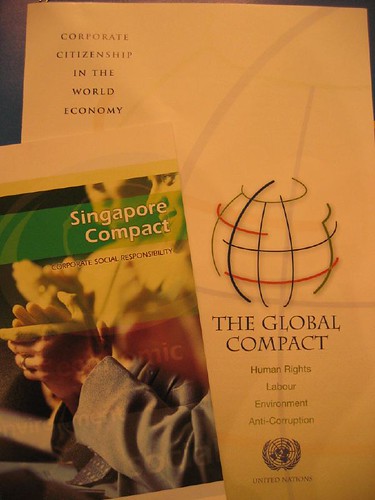
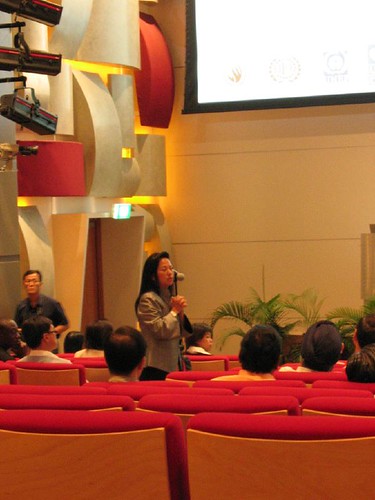
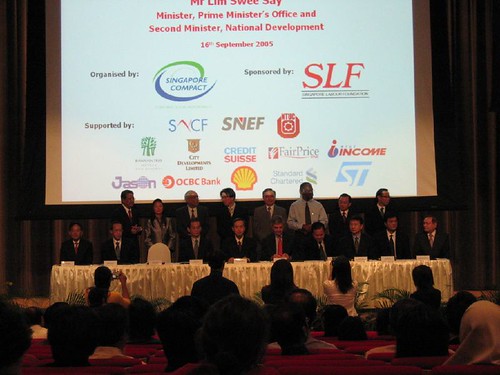
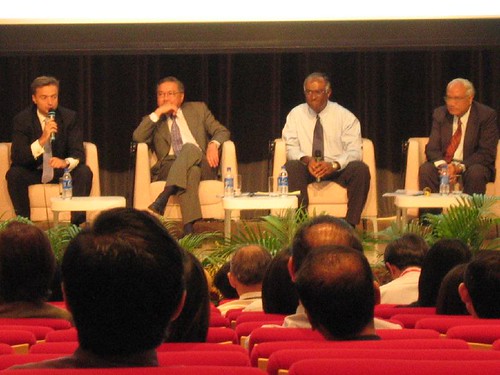
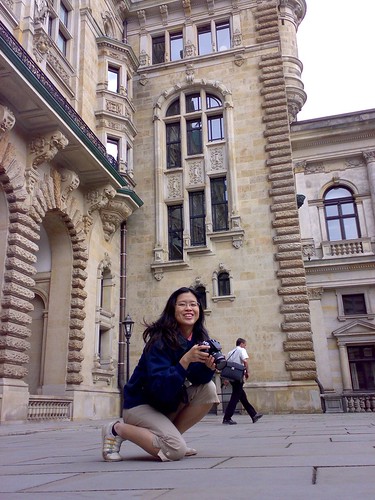
 Have returned from Europe yesterday and could not resist
Have returned from Europe yesterday and could not resist  I can be contacted at
I can be contacted at 






